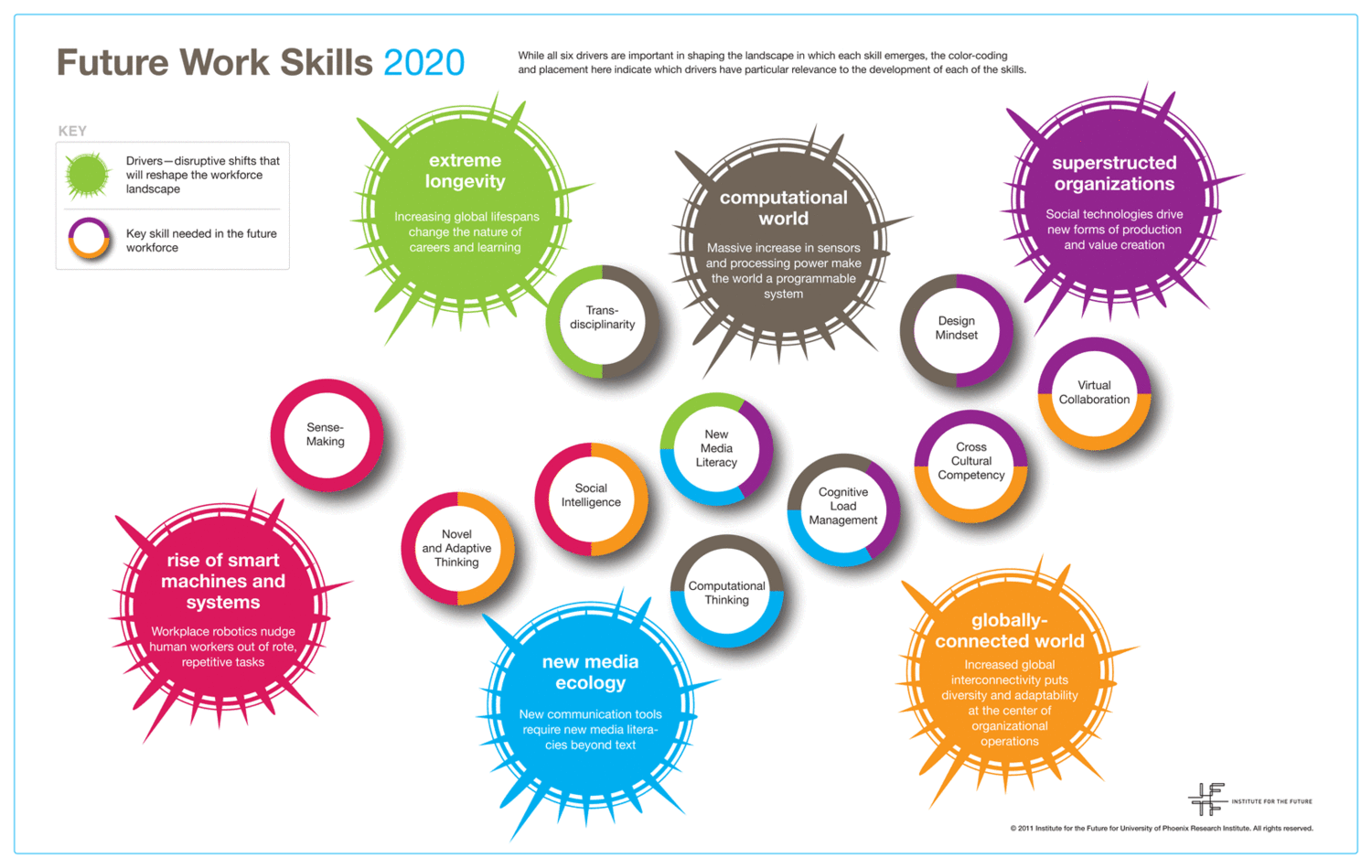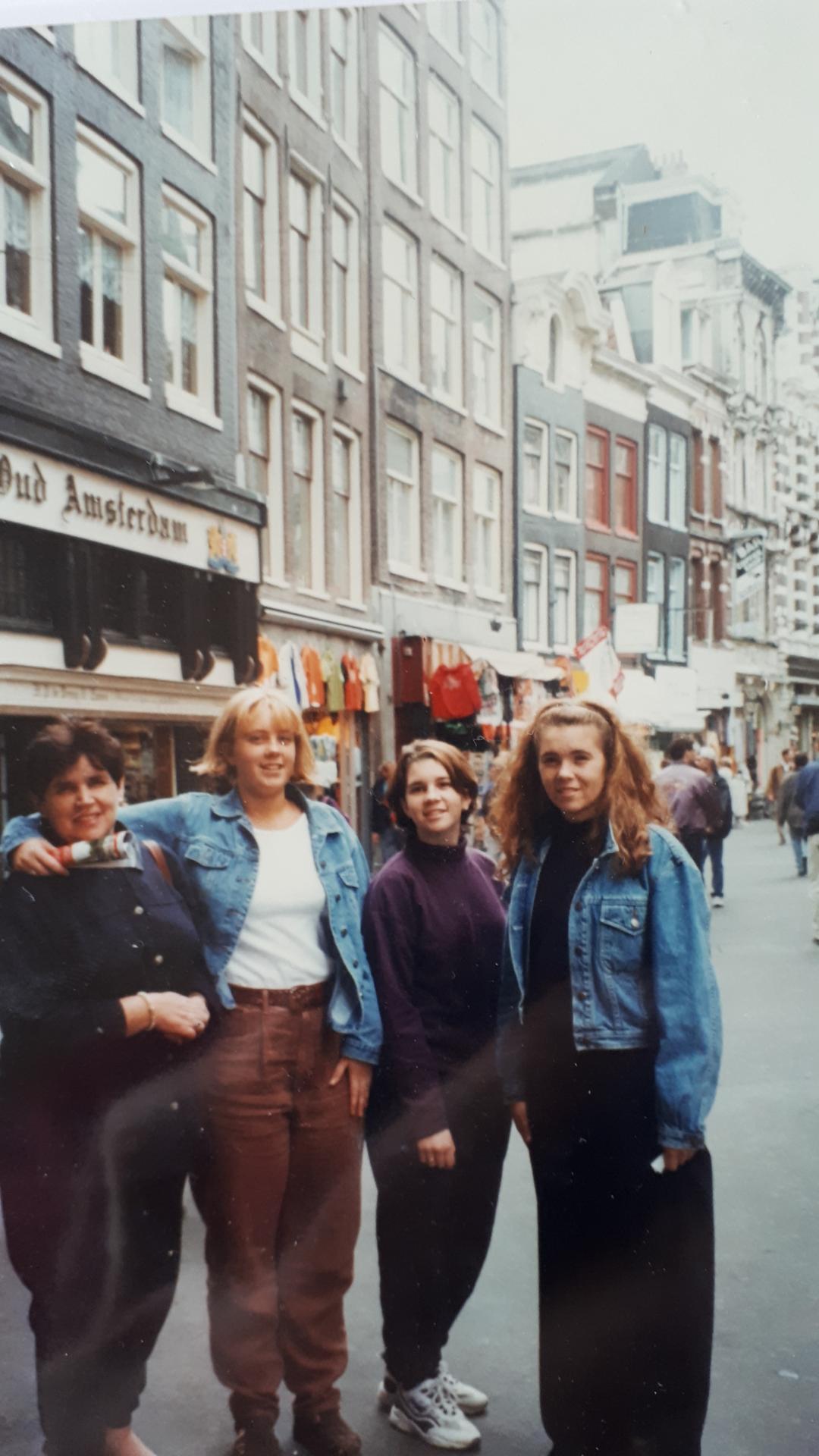In 1999, my family and I spent the summer in Europe. We did the Griswold’s European Vacation where my Dad was the driver, and I was the navigator. My job was to read the map and to ensure we didn’t take a wrong turn. Back then, we didn’t have the luxury of Google Maps, and fortunately we only took one wrong turn in 4 weeks so Dad and I made a good team!

One of the countries we travelled through was France. We arrived in a small town outside of Toulouse in the south of France near the Pyrenees mountains and we had to find accommodation. As no one in my family spoke a word of French, my dad asked me to make some phone calls to book our stay for one of the nights. We hadn’t booked this leg of the trip because we wanted a little bit of flexibility in case we wanted more time in a certain area or if the itinerary changed, so for this night we had to work it out on the way.
It was lucky I dedicated 5 years studying this beautiful language whilst at high school so here was the chance to practice.
So, to find accommodation, I had to go through travel guides.
Tripadvisor or mobile internet didn’t exist. I was 18 at the time and it was better for my family to put trust into someone like myself who knew the local language. My French wasn’t perfect but it was enough to save time trying to find something suitable.
I found a payphone and called a number of motels and eventually found one.
The gentleman on the other line greeted, “Bonjour?” (Hello?)
I replied, “Bonjour, oui. Vous avez un nuit pour cinque personnes s’il vous plait” (Hello, yes. Do you have a room for 5 people for tonight please?)
“Oui. Ca fait 120 francs” (That will be 120 Francs)
“Tres bien, merci. Nous sommes arrivee a 5pm” (Great, thank you. We’ll arrive at 5pm)
We managed to secure a room for the night, and the rest of the trip went beautifully.
Your job as the business translator
You could imagine the process of finding accommodation would have taken a lot more time if I didn’t speak French. We could have ended up somewhere unsafe and we would have lost time spent on a great holiday.
It’s the same thing as an influencer. When you’re building your business, you need to be able to position yourself as an expert in your field and your job is to be the translator.
With so much information out there on the internet, anyone can easily Google what people do and know. But the difference is, experts build a tribe that sees them as the translator.
As a translator, the benefits are that you save people time because they trust your expertise. You’ve consistently been able to share knowledge that’s valuable and remarkable to them and this has resulted in a positive experience in someone’s life.
Don’t hold back
When I’m working with experts, influencers and personal branding businesses, I find they will often hold back sharing their knowledge. I find it’s because of the fear that no one would follow them. They also come up with self-limiting objections such as “I don’t have anyone on my database, no one’s going to read it, or they can get this information out there anyway”.
The other concern that often arises is about adding to the sea of noise. By 2020 the content marketing industry is expected to be a $300billion dollar industry, up from a $165 billion dollar industry this year. The volume of information people are being exposed to is extraordinary, which means people lean into those they trust.
In a recent interview with business growth expert Kerwin Rae, futurist Dr. Keith Suter said we’re seeing this shift from broadcasting information to narrowcasting.
Broadcasting information is a piece of content that goes out to a really broad audience. Narrowcasting is the opposite – it aims messages at specific segments based on their values, preferences, beliefs and demographics. The idea of narrowcasting is that a mass audience does not exist and attention is paid to those who can save time and translate the noise to make it relevant to their specific audience.
So if you have an area of expertise, it’s valuable to put your message out there because you don’t need millions of followers. Perhaps you are a micro-influencer and you have a level of trust and influence in a smaller group. What you need to do is something called “sensemaking.” According to research done by Maitlis and Christianson, sense-making is defined as a process through which individuals “work to understand novel, unexpected, or confusing events.”
So a Sensemaker is like a translator. If you imagine that you’ve got this family or tribe who need your help. You’re in a foreign country and the itinerary keeps changing. Your job is to translate what is happening out there and into something that is meaningful and relevant to them. According to the Institute for the Future, sensemaking is one of the 10 key skills for the future of work.

In her book “Making Sense: A handbook for the Future of Work”, Lynne Cazaly says “If machines can think, understand and recognise, cars don’t need drivers, holograms make real what’s not and the internet of things is in everything … what is left for humans to do or be? What can we do in our working roles that brings value? What will mean we are valued as employees? What is it that humans do? What makes us human? What true value do we bring? We make sense. Making sense is THE capability of the future of work.”

How to start Sensemaking now:
There are 3 things you need to consider to position yourself as an expert and start Sensemaking:
- What is your area of expertise?
- What is happening in this world that you can educate others about, regardless of if there is already information out there?
- Ignore what everybody else is saying. Stay focused on what it is that you know. Highlight to us the context, what your expertise means in our world and align it to the challenges and problems we are experiencing. From there share the solutions.
If you do this, what will happen is you will tend to be far more focused on serving your customer and working in their best interest than being self-serving.
Are you translating what you know to build the trust in your tribe? I would love to hear your thoughts and ideas.
_________________________________________________________________________________________________

Jane Anderson is a communications expert, speaker and the author of 6 books including the upcoming “TRUST: The Level Above Influence.” With over 20 years experience helping people step into their personal power, she is obsessed about creating human connection to drive business growth in a world of disruption and automation. To inquire about her working with you or your organisation please contact us here.


